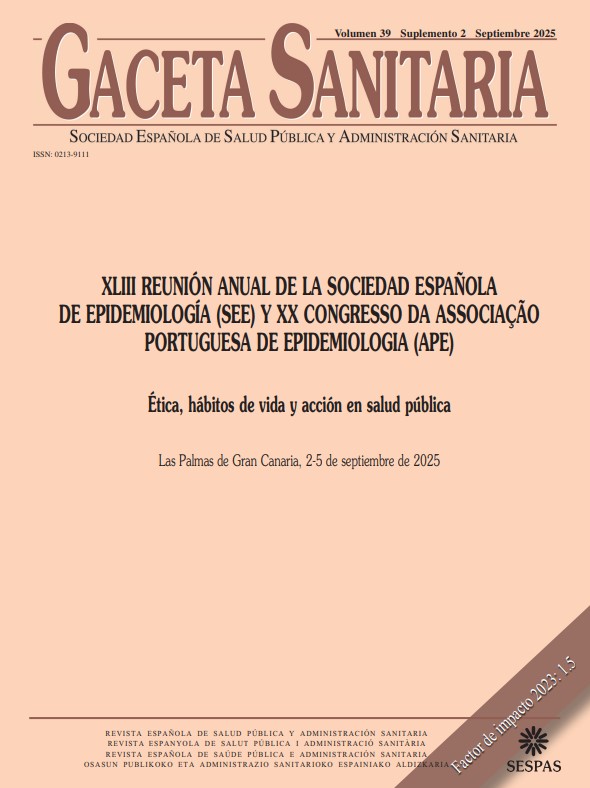732 - THE SPOC[K] PROFILE (SCREENINGS/POSITIVES/COLONOSCOPIES/[K]ANCER): A PRACTICAL SUMMARY OF INDIVIDUAL COLORECTAL CANCER (CRC) SCREENING PARTICIPATION AND RESULTS FOR CLINICAL CARE AND PROGRAMME IMPROVEMENT
Pla Director d’Oncologia; Stanford University School of Medicine; Hospital del Mar, Universitat Pompeu Fabra; Hospital Clínic de Barcelona, IDIBAPS, Universitat de Barcelona.
Background/Objectives: Personalized colorectal cancer (CRC) risk-management requires detailed knowledge of a person’s screening history. Screening programs report periodically global cross-sectional data, obscuring the impact of different individual screening history, which is challenging to capture and reflect. Attention to screening history may improve individual clinical care, promote standardization in program reporting, facilitate cooperative research and help to prioritize participation improving strategies. Aims: To develop and assess the feasibility of determining for each individual a succinct profile that captures screening history and results, in the context of Catalonia’s fecal immunochemical (FIT)-based CRC screening program.
Methods: We developed the SPoCK profile (Screenings/Positives/Colonoscopies/[K]ancer detected outside of screening is pending cancer registry linkage) inspired by obstetrics (GPA = gravida/para/abortus). We used the screening program’s database to assign each invited person a SPoC profile in simple or complex forms. SPoC profiles were aggregated into relevant groups, and used in an analysis of programmatic participation, FIT-positivity and yield.
Results: A SPoC profile was constructed for each of 2,807,582 persons. A total of 23,544 unique SPoC profiles emerged, with 369,387 individuals having the most common profile (S0 = no participation in one single round offered to date). Based on the S component of SPoC, we determined FIT participation patterns in the program: 29.2% consistent [100% of rounds offered], 8.6% frequent [66-99%], 11.5% intermittent [33-65%], 4.5% occasional [1-32%], and 46.2% never. There were 11,720 unique, complex SPoC profiles each applying to only 1 person (e.g. 1 person had simple S3/8P1/3CCRC and complex S00001011PXXXX1X13CZZZZZZZ3 where X = FIT not done, Z = N/A, FIT completed in rounds 5,7,8; subthreshold in rounds 5,7 and positive in 8; CRC at colonoscopy).
Conclusions/Recommendations: It is feasible to construct SPoC for each individual in a granular database. Linkage to cancer registries should provide data to add K (SPoCK). While the possible SPoCK permutations are many, aggregation into useful groups (e.g. reflecting screening behavior patterns over time) is feasible with simple rules. We believe that SPoCK is a useful summary for clinical practice and to establish priorities regarding participation focuses.















